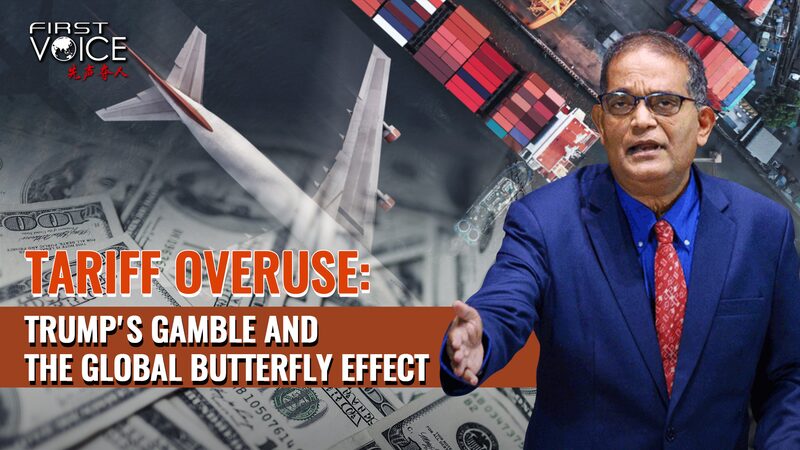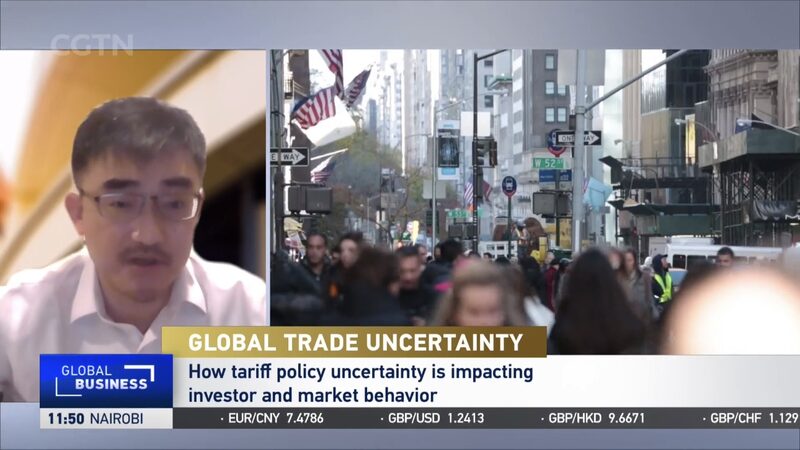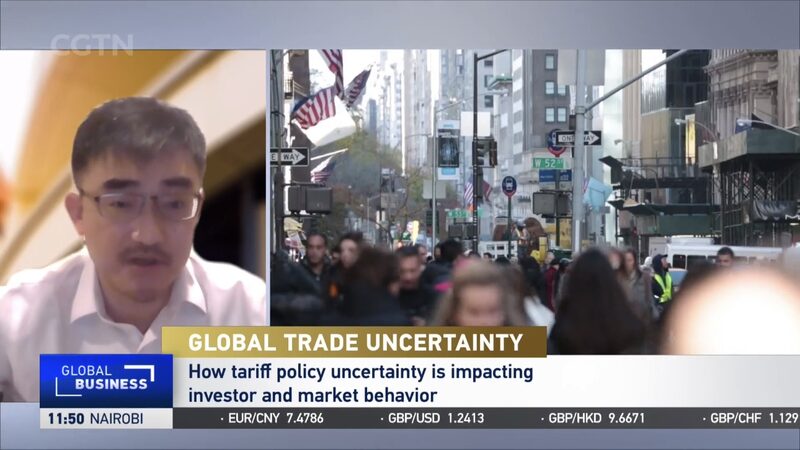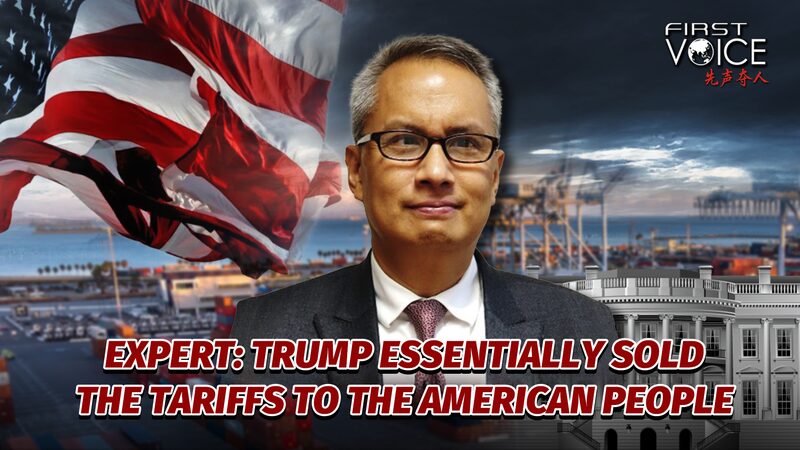In a volatile escalation of economic tensions, U.S. President Donald Trump has imposed a 10 percent tariff on goods from the Chinese mainland and 25 percent tariffs on products from Canada and Mexico, effective February 1. This move, justified by accusations that the Chinese mainland is facilitating the distribution of fentanyl in Mexico and Canada, has reignited global concerns over potential trade wars and their far-reaching consequences.
Trump's decision to categorize China alongside Canada and Mexico as "abuser" countries highlights his administration's aggressive stance on trade. However, China's response, articulated by a Foreign Ministry spokesperson on February 2, underscores the futility of such trade wars. The spokesperson stated, \"The U.S. imposed a 10 percent tariff on Chinese exports to the U.S. using the fentanyl issue as an excuse. China is strongly dissatisfied with this and firmly opposes it. We will take necessary countermeasures to firmly safeguard our legitimate rights and interests.\"
China's assertion that trade wars yield no winners is grounded in the deep economic interdependence that characterizes the modern global economy. Despite ongoing trade disputes, the U.S. and the Chinese mainland remain critical trading partners. Implementing tariffs disrupts this balance, causing ripple effects across global trade and forcing businesses, consumers, and governments to adapt.
American manufacturers reliant on Chinese components face higher production costs due to the 10 percent tariff, costs likely passed on to consumers. This scenario could erode purchasing power, fuel inflation, and jeopardize access to one of the world's largest consumer markets.
While Trump promotes tariffs as a solution to trade imbalances and a means to protect American jobs, the broader impact reveals a different narrative. Protectionist policies may stifle innovation, disrupt global supply chains, and increase costs for American businesses and consumers.
Conversely, the Chinese mainland maintains its commitment to free trade and multilateralism, actively participating in World Trade Organization affairs and spearheading initiatives like the Regional Comprehensive Economic Partnership, the world's largest free trade agreement, which took effect in January 2022.
The ramifications of Trump's tariff threats extend beyond U.S.-Chinese mainland relations. Canada and Mexico, America's top trading partners, have indicated their readiness to retaliate. Canadian Prime Minister Justin Trudeau has warned of counter-tariffs "worth billions of dollars," while Mexico has emphasized its commitment to national interests. Additionally, the European Union, criticized by Trump for treating the U.S. "very, very badly," is unlikely to remain passive in the face of protectionist measures.
Reference(s):
cgtn.com




